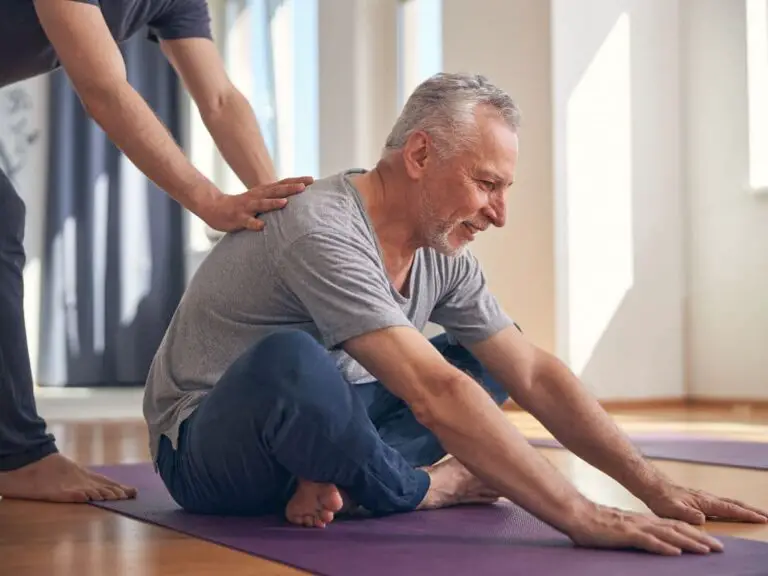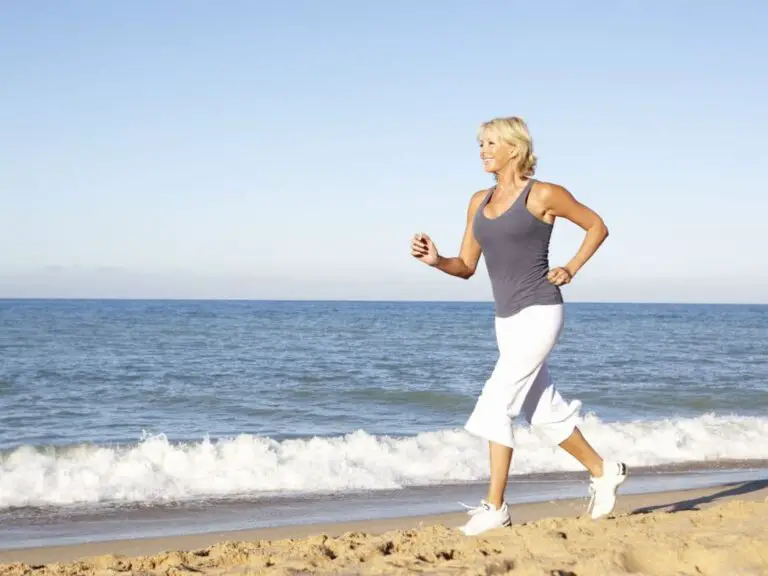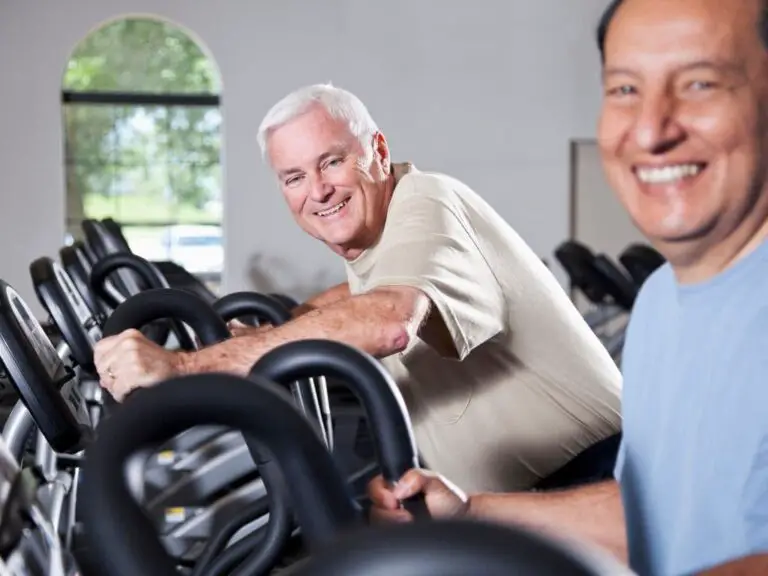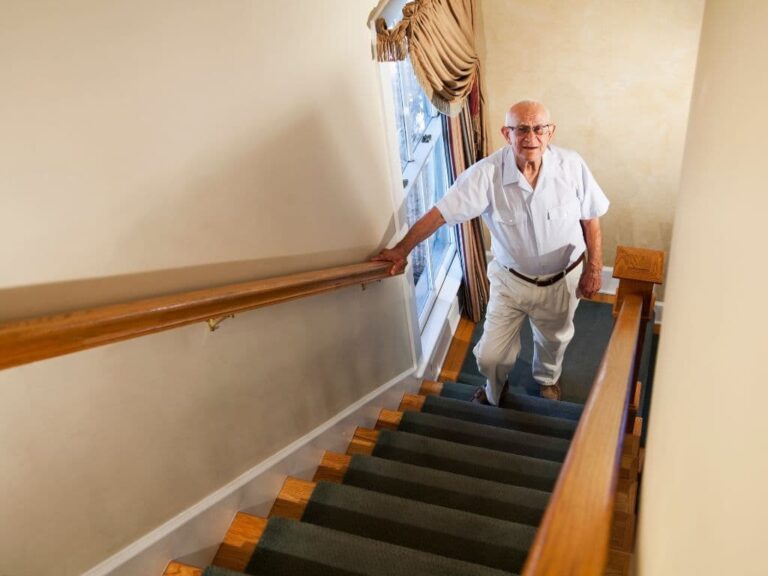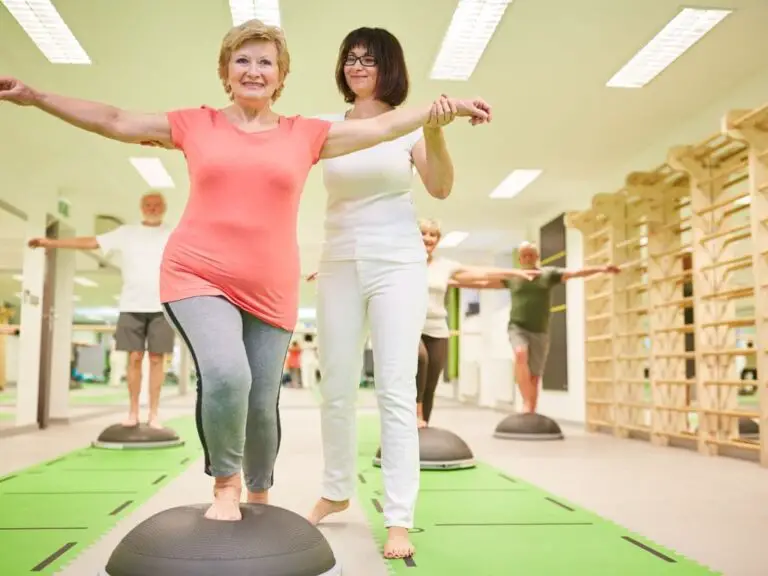Is Tai Chi Difficult to Learn?
Tai chi is an ancient Chinese martial art that has evolved into a graceful form of exercise and meditation. The slow, flowing movements of tai chi promote serenity and inner peace while improving balance, flexibility, and overall health.
But is tai chi actually difficult for seniors to learn?
Despite its origins as a complex martial art, tai chi is not typically difficult for beginners, including seniors, to learn. Its slow, mindful pace allows for focus on body alignment and breath work. Beginners learn through repetition as each pose naturally flows into the next. With consistent practice, the mental focus required for tai chi becomes less challenging.
For seniors, tai chi can be an extremely beneficial practice. The gentle, low-impact movements make it accessible for older adults while providing a myriad of physical and mental health benefits.
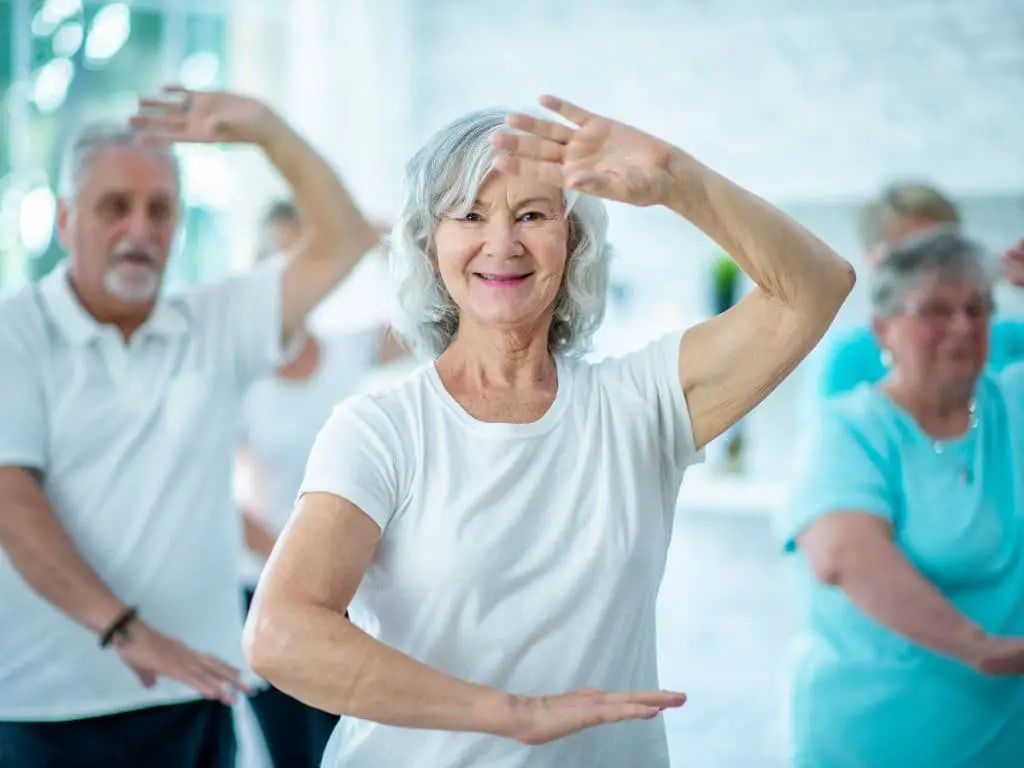
Let’s explore what makes tai chi well-suited for seniors and how they can start learning this relaxing and restorative practice.
Is Tai Chi a Beneficial Exercise for Seniors?
Tai chi is considered an ideal exercise for seniors because of its slow-pacedand controlled movements. The poses flow together in a steady, mindfulsequence that doesn’t strain the muscles or joints. This makes tai chi a low-impact activity that is unlikely to cause injuries.
The flowing motions of tai chi contribute greatly to balance and flexibility. As seniors practice controlling and shifting their weight during stances and poses, their core strength, coordination, and stability all improve. And the incorporation of deep breathing enhances posture and full range of motion.
Regular tai chi practice can also build muscle strength and endurance. Though the movements are gentle, they rely on the proper alignment and engagement of multiple muscle groups. Over time, seniors can experience increased strength, especially in the core and legs, helping maintain mobility.
How Difficult is it to Learn Tai Chi for Seniors?
Despite its roots as a complex martial art, tai chi is generally not difficult for beginners to learn. The slow, mindful pace allows students to fully focus on body alignment and breathwork. And rather than memorizing complicated routines, each new pose naturally flows into the next through repetition.
Ultimately, the relaxed nature of tai chi supports an easier learning process. Students can take time to get each movement right without feeling rushed. Proper instruction guides seniors to avoid overexertion or strain in their practice. And modifications can be incorporated as needed to accommodate individual needs and limitations.
The mental focus required for tai chi can be challenging at first. But classes tailored for seniors will build up the ability to maintain awareness and mindfulness. With regular practice, tai chi provides a grounding activity for both the body and mind.
What are the Therapeutic Benefits of Tai Chi for Seniors?
Tai chi offers numerous therapeutic benefits for older adults beyond improved fitness and strength. The mindful, meditative aspects make tai chi an excellent stress reliever and mood booster. The concentration required helps calm the mind, reduce anxiety, and cultivate inner peace.
Studies show tai chi can also help treat chronic pain, reduce blood pressure, and improve sleep quality in seniors. The intentional breathing and relaxation involved in the practice lead to increased energy levels and an overall sense of well-being. Socially, group tai chi classes provide a means for seniors to connect with others while enjoying a beneficial activity.
On a mental health level, tai chi is an empowering practice. Memorizing the sequences and proper forms provides cognitive stimulation. And achieving improved balance and agility leads to increased confidence and independence. Overall, tai chi offers seniors a holistic path to better health through its blend of physical, emotional, and social benefits.
What are the Different Types of Tai Chi Suitable for Seniors?
There are five main styles, or schools, of tai chi, each with their own unique movements and forms. For beginners, Chen, Yang, and Wu styles are considered the most suitable and commonly taught. Of these, the Yang style is generally regarded as the easiest for seniors to learn.
Yang style features slower, wider stances and frames designed for stability and comfort. The expansive motions help increase range of motion and flexibility. This style prioritizes relaxation and internal energy, emphasizing tai chi’s meditative benefits.
Some simplified or modified styles created specifically for seniors include Tai Chi Easy and Tai Chi for Arthritis and Fall Prevention. These keep the core tai chi principles while adapting motions to avoid strain. Seniors with limited mobility may benefit most from these adapted styles.
Regardless of style, instructors can make modifications to accommodate different needs and skill levels. No prior experience is required, and tai chi can be done either standing or seated. What matters most is finding an approach that fulfills both physical activity and stress reduction goals.
Where Can Seniors Find Tai Chi Classes?
Seniors interested in trying tai chi have multiple options for getting started. Local community and recreation centers frequently offer beginner tai chi classes geared towards seniors. These provide hands-on instruction in a supportive group environment.
Health clinics, places of worship, and senior living facilities also often host classes. Joining a group class allows students to learn from and motivate each other while fostering social connections.
For those unable to attend in-person sessions, online tai chi resources provide an accessible alternative. Video tutorials and lessons let seniors learn at their own pace at home. But it’s still wise to consult a physician before starting any new exercise routine.
Proper safety measures should be practiced at all times. Classes held outdoors require stable terrain, while indoor spaces should avoid slick floors or clutter. Supportive footwear helps maintain balance and stability during the flowing motions.
Whether through group classes or home practice, tai chi offers a fulfilling way for seniors to exercise both their body and mind while experiencing its extensive benefits. With its gentle approach focused on comfort, control and mindfulness, tai chi can be an easily learnable and enjoyable lifelong practice for older adults.
Frequently Asked Questions
-
Can I do tai chi in bare feet?
It allows my feet and toes to relax, open up and feel as if they’re melting into the ground. For the above reasons, you shouldn’t practice in your bare feet unless it is extremely warm. It is not a good idea to mix meditation, Tai Chi, Qi Gong and Tai Chi with cold feet.
-
What is the best tai chi for seniors?
Yang Tai Chi Style – One of the most popular styles in Tai Chi is Yang. It’s easy to find classes and materials. This style is great for senior citizens who are looking to do a gentle, flowing workout. Wu – Wu Tai Chi is very similar the Yang style.
-
Is tai chi difficult to learn?
Tai chi/taiji may not be the easiest exercise, but it’s not difficult to master. About half of the 200 million Chinese who have learned tai-chi and practice it every day are over fifty. You can also learn if they are able to.
-
Do you need mat for tai chi?
You will require comfortable clothing that allows you to move freely and can stretch easily. A mat is also necessary, as most classes will require that you bring one.
-
Which is better for seniors yoga or tai chi?
The main distinction between yoga and Tai Chi is the movement aspect of the former. It doesn’t require you to hold static positions. Many people believe that tai-chi is more beneficial than yoga for those who are unable to stay in one place for long periods of time.
-
Can tai chi get you in shape?
Tai Chi is safe and easy to do. It has minimal impact on the joints and muscles, and it’s not too taxing. Tai chi, being a low impact exercise, may prove to be particularly suitable for older adults who may otherwise not have the time or ability to exercise.
-
Is tai chi hard on your knees?
You may be shocked to hear that tai-chi can improve knee function and health. Some people are concerned that tai-chi can cause damage to the knees due to their bent knees. If done correctly, any exercise can cause knee pain. Tai chi does not make exceptions.
-
Why do my knees hurt in tai chi?
Teaching classical Yang-style Yang-style Tai Chi may require you to turn your foot and bend the knee with the weight of that foot. Excessive stress to the knee ligaments can lead to a twist injury and may cause damage.
-
What does tai chi do for your body?
Tai Chi strengthens the upper and lower extremities, as well as the core muscles in the abdomen and back. Flexibility. Tai Chi can increase flexibility and strength in the upper-and lower bodies. Balance.
-
Can you do tai chi everyday?
Sobo states that tai-chi is not a form of weight training, or long distance running. Many people can do 20 minutes per day. You don’t have to wait for a full day to heal. When you practice tai-chi, there should be no sharp pain. Find your level of comfort.
-
Is tai chi good for your knees?
Conclusion. Tai Chi can reduce pain, improve physical function, self-efficacy and depression, and help with knee OA.
-
Does tai chi hurt?
Because it is low-impact it places minimal strain on joints and muscles. This makes Tai Chi safe for everyone, regardless of age, fitness level, or gender. Tai Chi is also very popular because it doesn’t require any special equipment and can be done indoors, outdoors, in a solo or group setting.
-
Can tai chi reduce belly fat?
In a controlled randomized trial, tai-chi was found to be as effective as conventional exercise in reducing the waist circumference of people aged 50 and over.
-
Is tai chi good for arthritis?
Tai Chi is recommended by almost all of the major health organisations, including Arthritis Foundation. It promotes balance between body and mind. Because of its low impact nature, it is especially useful for arthritis patients.
-
Does tai chi help arthritis?
Tai Chi’s movements are graceful and gentle and can help with arthritis pain relief and increase flexibility, strength and balance. Tai chi, one of the many alternatives to pain medication can help you get relief.

